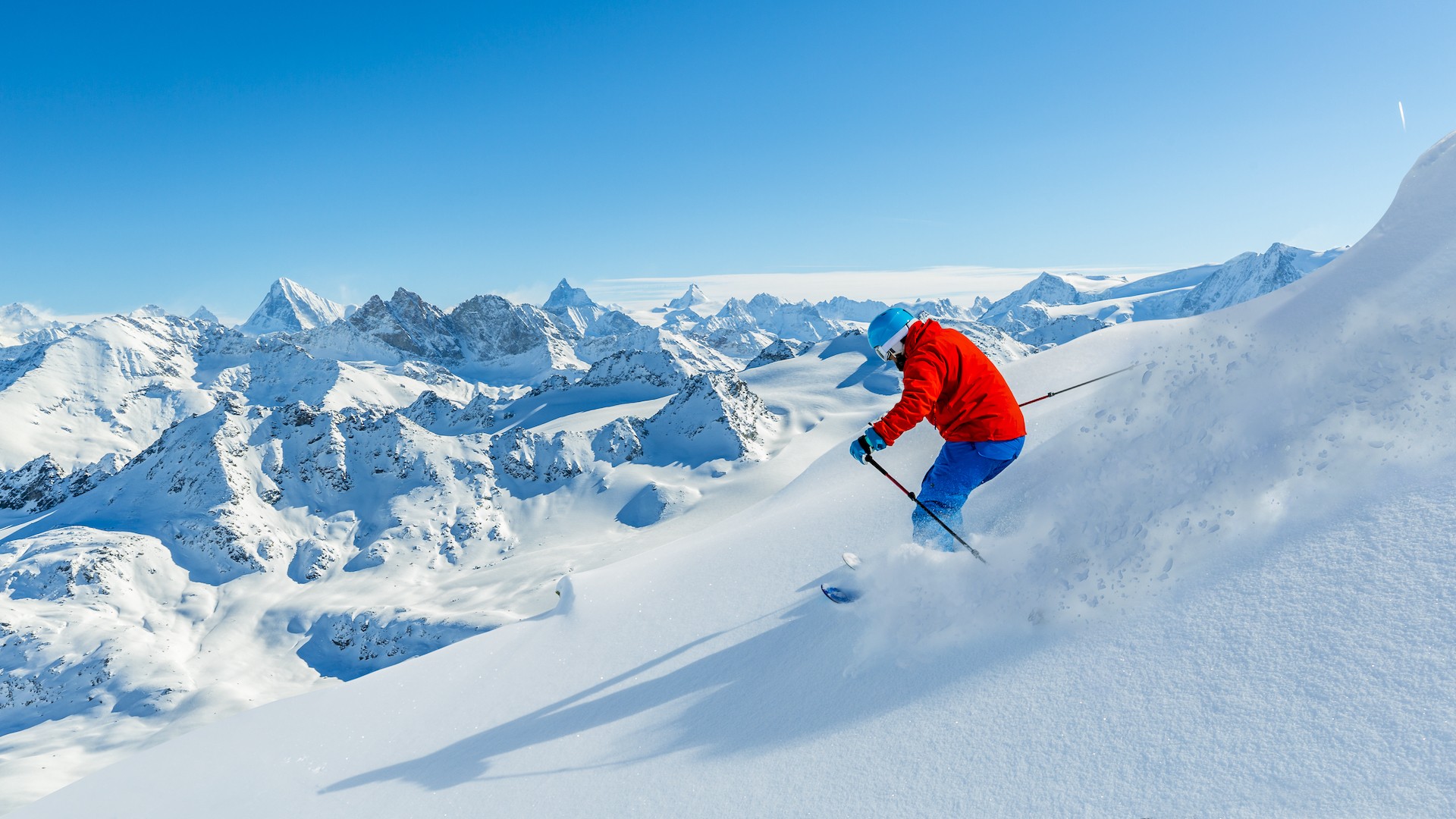Ski season jobs can be an exciting way of spending more time on the slopes. But, working abroad post-Brexit does require preparation and understanding of the process.
We’ve put together a guide to ski season jobs for UK citizens in Europe. There is lots to consider and our first tip is to start planning early!
Ski season jobs post-Brexit
Ski resorts offer a wide range of roles, and some may be easier to land than others.
Types of ski season jobs
Hospitality jobs (e.g., chefs, servers, chalet hosts, bartenders) tend to be in high demand and are often easier to get if you have previous experience in customer service or the hospitality industry.
Lift operators and resort staff usually require less specialised experience, but physical fitness and a good attitude are essential.
Ski instructors require certification and more experience, so these roles are harder to get unless you are already qualified.
Other roles like cleaners, maintenance workers, or ski rental shop staff are also in demand and can be easier to obtain.
Ski resort recruitment agencies
Several recruitment agencies specialise in placing UK citizens in ski season jobs. They often handle the application process, assist with work visas (if required), and provide guidance. Some popular agencies include: Season Workers, Ski Jobs, Jenza and Snow-Camp
These agencies often work directly with resorts and can make the process easier, especially if you’re applying for entry-level roles.
Apply directly to resorts
Many ski resorts have their own recruitment pages where you can apply directly for ski season jobs. Some larger resorts may offer online portals where you can submit your CV and application. Popular ski resorts across Europe and North America, such as those in France, Austria, Italy, Switzerland and the US typically post job openings on their websites in advance of the ski season.
Get the right certifications
For certain ski season jobs like ski instructor, you will need specialised qualifications such as:
Ski instructor certification (e.g., BASI for UK citizens, or ISIA for European instructors)
First aid certification (often required for instructor roles)
Food and beverage certifications (e.g., a food handling certification for hospitality jobs)
Even if you don’t have these certifications initially, many ski resorts offer training programs or can help you get certified.
Work with seasonal visa assistance
If you’re looking for ski season jobs in Europe (post-Brexit), you will need a work visa. Some agencies and resort employers will assist with visa applications, making the process easier. For example, France, Austria, and Switzerland may require you to secure a job first before you can apply for a work visa, so getting the job is a critical step.
Consider entry-level ski season jobs
Entry-level roles such as ski instructors’ assistants, resort hospitality staff, and general maintenance work can be a stepping stone into more competitive positions. Starting at the bottom allows you to get a feel for the environment and network within the resort, making it easier to move up.
Prepare a strong CV and cover letter
Make sure your CV is tailored to the ski industry. Highlight any relevant experience in customer service, hospitality, outdoor work, or skiing-related activities. A strong cover letter explaining why you want to work in a ski resort and how your skills are a match can make a big difference.
Apply early and be persistent
Ski season jobs are competitive, and resorts usually begin recruiting months before the season starts. For winter jobs (November to April), start applying in the summer or early autumn. Being persistent and applying to multiple resorts can increase your chances.
Work permits and visas (post-Brexit)
Schengen Area Countries: Since the UK left the European Union, UK citizens are no longer able to work in the EU without a visa. For most ski season jobs in countries like France, Austria, Italy, and Switzerland, UK citizens will typically need to apply for a work visa or permit.
Short-Term Work Visas: Some European countries offer specific short-term work visas for seasonal employment, including ski resort jobs. These visas are usually valid for up to 6 months, covering the ski season (which typically runs from November to April).
Sponsorship: In many cases, you will need a job offer from an employer in the ski resort before applying for a visa. Employers may assist with the visa application process, especially for roles like instructors, hospitality staff, or chalet hosts
Residence permits for specific countries
France: If you have an employer in France offering a ski season role, they may help you secure a temporary work visa for the season.
Switzerland: While not part of the EU, Switzerland is part of the Schengen Area, and it has its own work permit system. You will need a job offer, and often there are restrictions on the number of non-EU workers.
Austria & Germany: Both countries offer temporary work permits for seasonal employees, especially in the hospitality and tourism sectors.
UK citizens can still get ski season jobs in Europe, but they will generally need to apply for a work visa. The process is more complex post-Brexit, but agencies and resort employers can assist in securing the right paperwork. It’s a good idea to start the process early to ensure you meet all the necessary requirements.
More information on ski season jobs
Check out our article: Becoming a ski instructor





